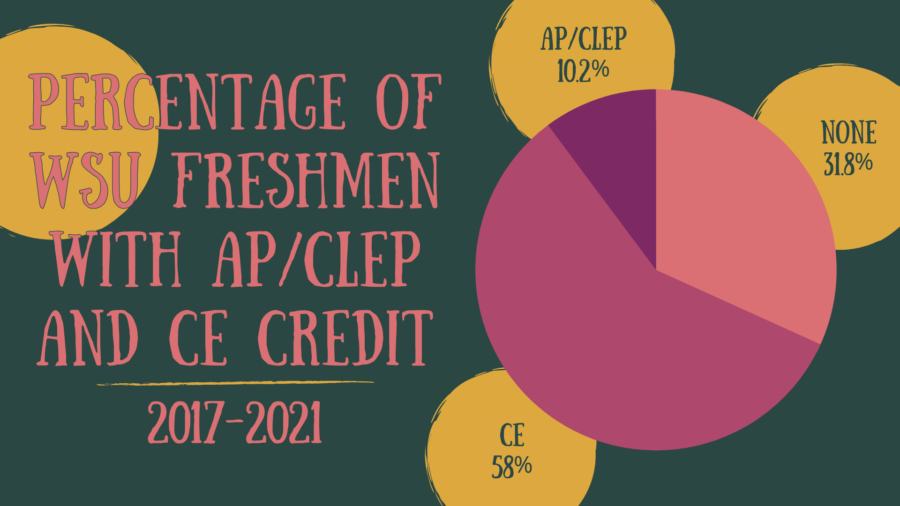Harris Simmons, the president, chief executive officer and chairman of Zions Bank Corporation, provided his foresight on the future of the housing market on Thursday.
In a free lecture given at Weber State University, Simmons said he predicts that the market might begin to experience much activity one year from now or sooner due to mounting “pent up demand.”
“If you look back at the last 25 years in Utah, our population (has increased), and the number of jobs has more than doubled,” Simmons said. “We need to be building about 25,000 new homes in Utah to take care of population growth. The last three years we’ve been building about 5,000.”
Simmons went on to acknowledge a prediction by the Federal Reserve that interest rates will continue to be low until 2014.
He said they may be correct, “and it also may be partly how they’re trying to manage expectations, trying to get people to invest, but my belief is that could change faster than that.”
Realtor Andrew Phillips attended the presentation in order to hear Simmons’ opinion about the market’s forecast.
“I think he’s actually spot on,” Phillips said. “I was looking up stuff a couple weeks ago, and listings are down 23 percent . . . but home sales are actually up eight percent.”
Speaking mostly about his perceptions on the financial crisis of 2008, Simmons also related an experience he said he would never forget.
“I remember I was back in Washington, D.C. at a trade association with (150) other bankers,” Simmons said. “This was a Thursday morning, and the night before, this money market mutual fund, the reserve primary fund . . . announced they had broken the buck.” Simmons defined the slang of “breaking the buck” as when “the dollar that you put into it is no longer redeemable for a dollar.”
He described the feeling that blanketed the entire ballroom as “explosions in mills where there’s dust in the air, and all it takes is a spark and everything blows up. You had the feeling that that was just about to happen.”
Simmons then defended Congress’ response to the financial crisis, which was the launch of the Troubled Asset Relief Program, also known as the $700 billion bailout. Simmons, acknowledging that it was “hastily thrown together,” also claimed it contained “the explosion.”
“You had a lot of banks that went out of business,” Simmons said, “but it provided the market . . . some confidence that you didn’t have to be first out the door. You could sit back and figure out who really had capital and value.”
Simmons informed the audience that Zions is also now dealing with 243 new mandatory regulations from the Dodd-Frank Act, and it is a “stressor,” but noted it is a “major step forward.”
Simmons’ presentation was a part of the Ralph Nye Lecture Series, which is sponsored by WSU’s John B. Goddard School of Business and Economics.
Travis Christensen, a senior in accounting, said because banking is not his emphasis, this lecture was the “least informative” and expressed he would like to hear more from entrepreneurs about how they launched their businesses.
However, Jenny Hollingshead, a junior majoring in visual communication major with a minor in business, said she appreciated the lecture, as she does not always trust information from the media about the financial crisis.
“His whole synopsis as to what happened in 2008 . . . coming from a banker, I trust that what he said is really what happened,” Hollingshead said.












